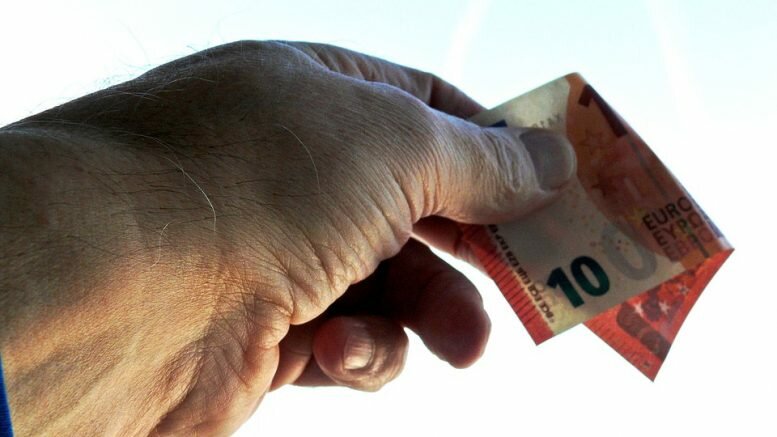Young people from the troubled Stockholm suburb of Rinkeby tell Radio24syv that a Russian television station would pay them to make trouble in front of the camera.
SEK 400 to do make “action” in front the camera. That was allegedly the offer made by a Russian television crew to a group of youngster in the Rinkeby suburb of Stockholm, Two of them separately reveal to Danish newscaster Radio24syv.
-They came to us and told us they wanted to see some action. They would bribe us with SEK 400 a head, says “Mohammad”, wanting to be anonymous, to Radio24syv.
Radio24syv do however know his true identity. Mohammad tells that two men introduced themselves as being Russian journalists and that he could hear them talking something that sounded like Russian with each other. He does not however know which television station they claimed to represent.
– While we were talking to them with them, the police came over to us. We would not have anything of that. But when the police arrived, the Russian journalists claimed that it was us who had said that we would show them some action for 400 kronor each, says Mohammad to Radio24syv.
It has not been possible to get a comment from the Swedish police.
Rinkeby has lately received excessive attention. First the President of the United States of America, Donald J. Trump, criticised the Swedish handling of refugees referring to a Fox News a documentary on Rinkeby, where a lot of citizens live with other ethnic backgrounds. Shortly after riots started in Rinkeby, cars were torched and stones were thrown at the police.
– Very, very interesting, According to Senior Researcher at the Danish Institute for International Studies, Flemming Splidsboel. He believes that Russia has an interest in influencing the migration and asylum debate in Sweden.
-you could imagine that the Russian Government wants to influence the debate in Sweden so that they can favourise certain political parties that has a more positive view of Russia, and therefore have more influence after the upcoming general elections, Flemming Splidsboel concludes.
Source: radio24syv / Norway Today





